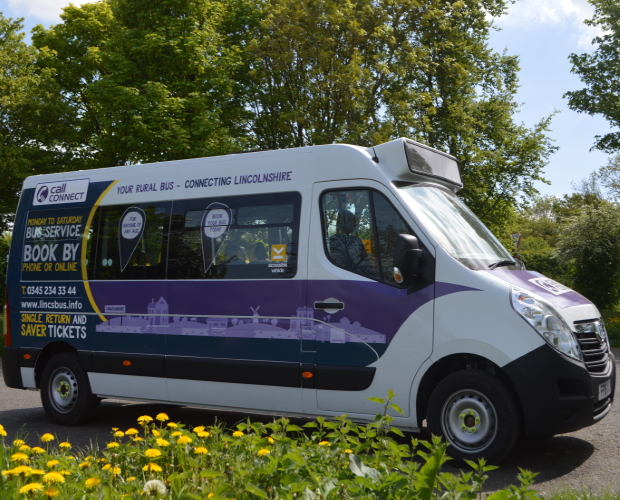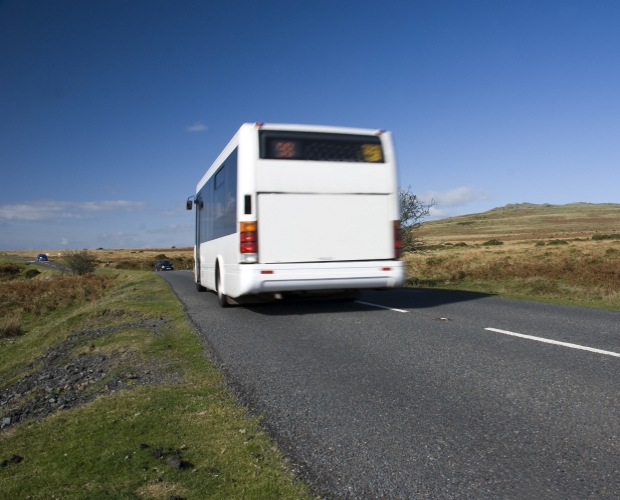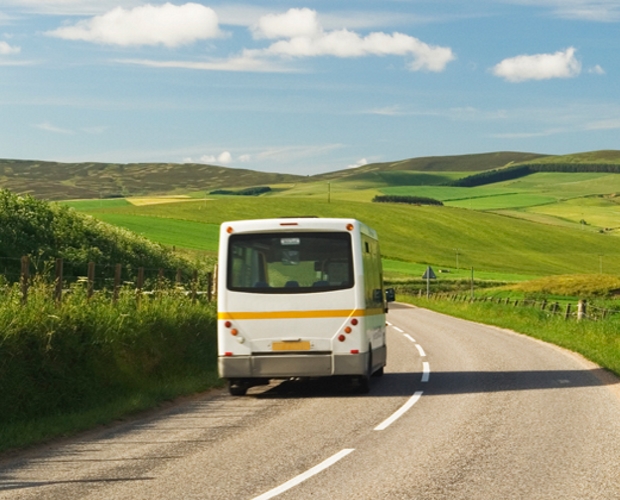T: 01822 851370 E: [email protected]
Visit RSN Survey about life in rural England to find out more.
The Oxford Mail reports on the successful first year of an app-based pilot scheme launched by Oxford Bus Company, PickMeUp, which allows passengers to summon buses within 15 minutes using an app. Passengers are matched with others looking to do...
Bus Users UK has published a ten-point plan to reverse the decline in rural services, according to the website Transport-Network.co.uk The group, which represents bus users, said that ‘changing lifestyles, flexible working, funding cuts and the regulatory environment are forcing...
Baroness Randerson writes in the parliamentary magazine This House to argue that a government strategy is needed to support council funding and increase passenger numbers on rural bus services. She argues that deregulation of the bus industry in the 1980s...
Labour MP Matt Western wrote on the website PoliticsHome.com about local bus drivers’ working hours and the impact on public safety. Currently, local bus drivers are not subject to the same regulations as lorry or long-distance bus drivers so are...
The website LocalGov.co.uk reports on the news that Buses Minister Nusrat Ghani MP has written to local authorities to remind them that they have the freedom to take greater control of bus services. The letter was sent on 17 May...
Researchers have found that British passengers have access to a poorer bus service compared with our European neighbours, as reported by the Mirror. The study, by the Foundation for Integrated Transport, compared bus services in Shropshire with comparable areas in...
Labour leader Jeremy Corbyn’s pledge for £1.3 billion of funding to reverse bus cuts has been widely covered in the press, including by PoliticsHome.com and the BBC. Speaking at an event in Nottingham, Corbyn promised to undo cuts made to...
MPs are asking for help to shape an inquiry into the decline of the bus market in England outside London. Bus service use is in decline in England, according to annual statistics from the Department for Transport (DfT). While bus...
NEWSLETTER
Sign up to receive all our latest news and updates.
HOT TOPICS
Amid reduced public spending, fair resource allocation across regions is crucial. Despite a population larger than Greater London, rural areas receive significantly less funding for essential services, even though delivering these services in rural areas is more expensive.
Economic growth is widely acknowledged as essential for national wealth and prosperity and is a priority for political parties. Rural economies, employing millions and home to a higher proportion of small businesses, have potential for growth if barriers are removed.
Rural residents face distinct healthcare challenges, including limited access to transport, longer distances to medical facilities, an aging demographic, housing inadequacies, digital connectivity gaps, and difficulties recruiting health and care workers.
Rural communities are grappling with a severe affordable housing crisis, marked by high house prices, a lack of affordable housing, elevated living costs, and lower incomes, threatening their sustainability and vitality.
Transport is vital for the quality of life and economic health of rural areas, yet it faces challenges such as infrequent public bus services and less Government funding compared to urban regions.
Rural areas, encompassing a substantial portion of England's population and land, play a pivotal role in combating climate change and achieving the net zero target.
In an increasingly digital world, the lack of robust digital infrastructure in rural areas severely limits access to crucial services and stifles economic growth.
A future-focused vision for rural communities involves not just building the right homes in the right places but also ensuring thriving, sustainable communities.
SIGN UP TO OUR NEWSLETTER
Sign up to our newsletter to receive all the latest news and updates.







